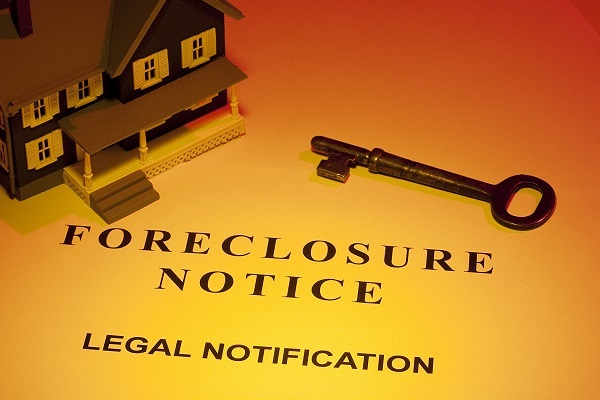
Even if you are just renting, like most tenants, you have probably put your heart, soul, and style into furnishing the place where you reside. You may have a month-to-month arrangement or a year’s lease instead of a mortgage. Most likely though, your rental home offers you comfort at the end of the day, whether you work nine to five and have a long commute, function as a stay-at-home parent, or are retired after putting years into a career.
When you walk in the front door, it is important to know you are in a secure, comfortable place where you can be yourself and enjoy resting, making meals, and enjoying your life. This should be a stress-free atmosphere, with as few surprises as possible. And if you have just discovered your rental home is in—or headed into foreclosure—you may be very worried. If you found out about the foreclosure by accident, and not through your landlord or the lender, you are probably extra concerned about why no one has told you, and determined to find out what is happening!
A process server may have come to the door with a notice, one may have been posted, or subcontractors for the lender may have even come by taking pictures of the home for the foreclosure sale. Real estate agents may have even driven onto the property or knocked on the door. There may be any number of reasons why the homeowner did not tell you, but this responsibility is left to the lender, and often the way they do so is by giving you a 90-day notice.
Obviously, if you are concerned about a foreclosure, it is time for communication with whomever will give you details. Keep in mind also, that foreclosures are a matter of public record, and if neither the homeowner or the lender are keeping you apprised of the situation, the county court should. The homeowner may be expecting to fight the foreclosure and win, and keep you on as a tenant, or they may be considering giving the home back to the bank and have delayed telling you. In California, you should have the right to stay in the home for 90 days or until your lease terminates; if you have a month-to-month arrangement, you should still receive a 90-day notice.
This situation can get complicated, so if you are hoping to stay in the home for the duration of your lease, expect some possible hiccups. Some lenders may give you a 90-day notice but take other actions against the homeowner that could cause you to have to leave sooner if you don’t have an experienced real estate attorney on your side. Some lenders may even offer you ‘cash for keys,’ asking you to be out of the house quite abruptly in exchange for payment.
If you have questions about a legal issue regarding real estate, please call Shane Coons now at 949-333-0900 or email us at Shane.Coons@seclawoffices.com. We will be glad to meet with you to review your case and explain your legal options. Our office is here to help!
